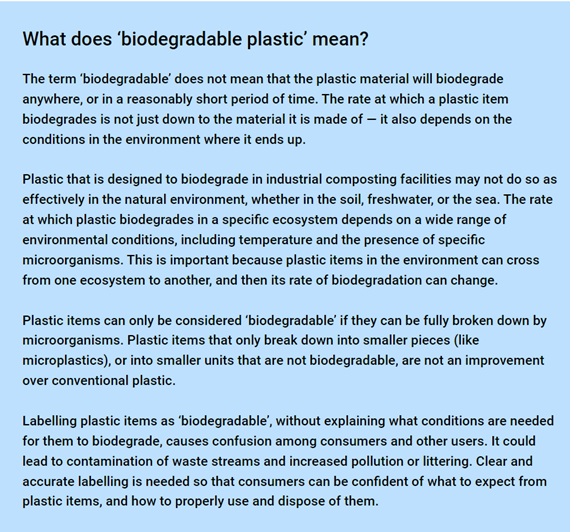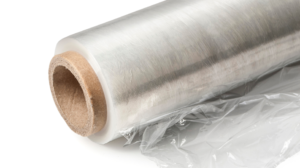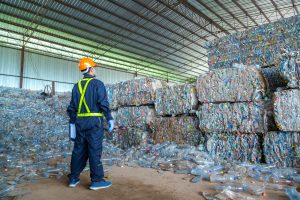Biodegradable Plastics – Solution or Problem?
The European Commission asked this question to its independent scientific advice group of experts. The answer provided is that biodegradable plastics cannot be the solution, especially if conceived as substitutes for linear production systems. Biodegradable plastics could contribute to microplastic pollution if they are not fully biodegradable in the natural environment.

Click here to see a larger version of the info box.
Info box text follows:
What does ‘‘biodegradable’ plastic’ mean?
The term ‘‘biodegradable’’ does not mean that the plastic material will biodegrade anywhere, or in a reasonably short period of time. The rate at which a plastic item biodegrades is not just down to the material it is made of – it also depends on the conditions in the environment where ends up.
Plastic that is designed to biodegrade in industrial composting facilities may not do so as effectively in the natural environment, whether in the soil, freshwater, or the sea. The rate at which plastic biodegrades in a specific ecosystem depends on a wide range of environmental conditions, including temperature and the presence of specific microorganisms. This is important because plastic items in the environment can cross from one ecosystem to another, and then its rate of biodegradation can change.
Plastic items can only be considered ‘biodegradable’ if they can be fully broken down by microorganisms. Plastic items that only break down into smaller pieces (like microplastics), or into smaller units that are not ‘biodegradable’, are not an improvement over conventional plastic.
Labeling plastic items as ‘biodegradable’, without explaining what conditions are needed for them to biodegrade, causes confusion among consumers and other users. It could lead to contamination of waste streams and increased pollution or littering. Clear and accurate labelling is needed so that consumers can be confident of what to expect from plastic items, and how to properly use and dispose of them.
Drawing on the evidence reviewed by the organization Science Advice for Policy by European Academies or SAPEA, the Scientific Advisors has made the following recommendations for European policy.
- Adopt a definition of biodegradability as a system property which takes into account material properties and specific environmental conditions.
- Limit the use of biodegradable plastics in the open environment to specific applications for which reduction, reuse, and recycling are not feasible.
- Prioritise reduction, reuse and recycling of plastics before considering biodegradation.
- Limit use of biodegradable plastics in the open environment to specific applications where collection from the open environment is not feasible.
- Do not consider biodegradable plastics as a solution for inappropriate waste management or littering.
- Support the development of coherent testing and certification standards for biodegradation of plastic in the open environment.
- Support the development of testing and certification schemes evaluating actual biodegradation of biodegradable plastics in the context of their application in a specific receiving open environment.
- Require testing of biodegradation of biodegradable plastics applications under laboratory and simulated environmental conditions.
- Require assessment of biodegradation and environmental risk under the conditions of open environments.
- Support the development of a materials catalogue and their relative biodegradation rates in a range of environments.
- Promote the supply of accurate information on the properties, appropriate use and disposal, and limitations of biodegradable plastics to relevant user groups.
- Initiate and support information campaigns to address current misconceptions and confusion related to bio-based, compostable and biodegradable plastics.
- Support the development of standards for clear, effective European labelling for end-users and consumers to ensure proper use and disposal of biodegradable plastics applications in the open environment; and manufacturers and vendors to ensure accurate information transfer along the value chain.
URLs
Source: Biodegradability of plastics in the Open Environment Webinar



